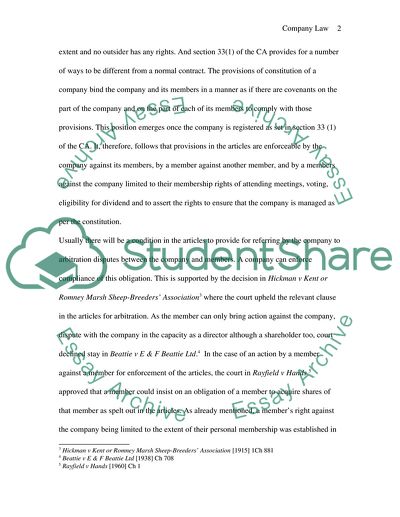Cite this document
(“The Basis Of The Contract Between The Company And Its Members Case Study - 2”, n.d.)
The Basis Of The Contract Between The Company And Its Members Case Study - 2. Retrieved from https://studentshare.org/law/1731218-company-law
The Basis Of The Contract Between The Company And Its Members Case Study - 2. Retrieved from https://studentshare.org/law/1731218-company-law
(The Basis Of The Contract Between The Company And Its Members Case Study - 2)
The Basis Of The Contract Between The Company And Its Members Case Study - 2. https://studentshare.org/law/1731218-company-law.
The Basis Of The Contract Between The Company And Its Members Case Study - 2. https://studentshare.org/law/1731218-company-law.
“The Basis Of The Contract Between The Company And Its Members Case Study - 2”, n.d. https://studentshare.org/law/1731218-company-law.


